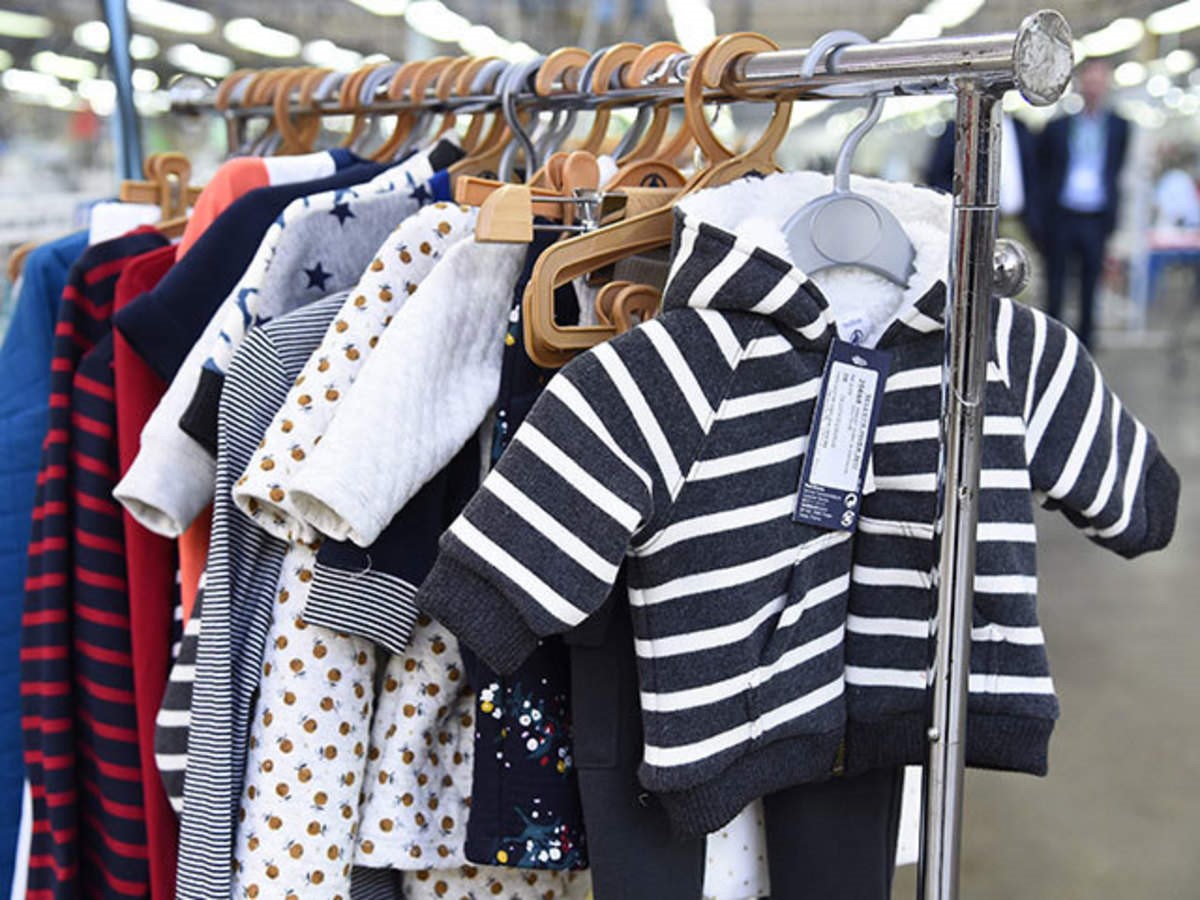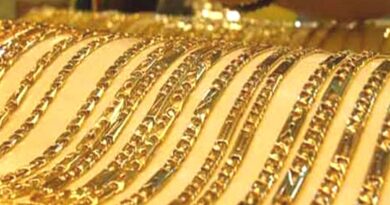Readymade Garments Below Rs 1,000 May Become Expensive
Readymade garments priced below Rs 1,000 may become expensive. This decision of the GST Council will make readymade garments costlier, customers may have to pay up to 7% more price
From January 1 onwards, readymade garments priced below Rs 1,000 may become expensive. Buyers will have to pay up to seven percent more price for such apparel.
The GST Council has decided to fix the inverted duty structure of garments from January 1 next year, under which the prices of garments may increase.
Garment traders say that due to the increase in the price of raw materials, the prices of clothes have already increased by 20 percent in the last year.
If there is a further increase, the sale of clothes will be affected.
According to the Cloth Manufacturers Association of India (CMAI), 85 percent of garments sold in India are priced below Rs 1,000.
In the GST Council meeting on Friday, it was announced to reform the inverted duty structure related to textiles, which is to be implemented from January 1. Although it has not been made official yet.
The price will increase.
At present, GST is levied at the rate of 5 percent on garments costing less than Rs 1,000, which will be reduced to 12 percent.
The logic behind this is that raw materials such as man-made yarn and fabrics used in the manufacture of garments attract GST at the rate of 12 percent. Hence there are problems with input tax credit.
According to Sanjay Jain, former president of the Confederation of Indian Textile Industries, the price of garments has already increased by 20 percent in the last year.
Now again with the increase of 7 percent, low and middle-income earners will have to pay a higher price, which will affect the demand for garments.
Jain said that at present five percent GST is levied on cotton yarn and fabric, but under the new decision, 12 percent GST will be imposed on garments made from cotton and they will also become expensive.
According to Rahul Mehta, former chairman and mentor of CMAI, if the government has to fix the inverted duty structure, then the high GST on raw materials can also be reduced.
Businessmen’s work is already going slow and from January 1 onwards, the cost of clothes by seven percent will further reduce the business.
Mehta told that CMAI is sending its suggestions in this matter to the Ministry of Textiles and Finance. Traders are expressing the apprehension of a boom in purchases without receipt due to this decision.




